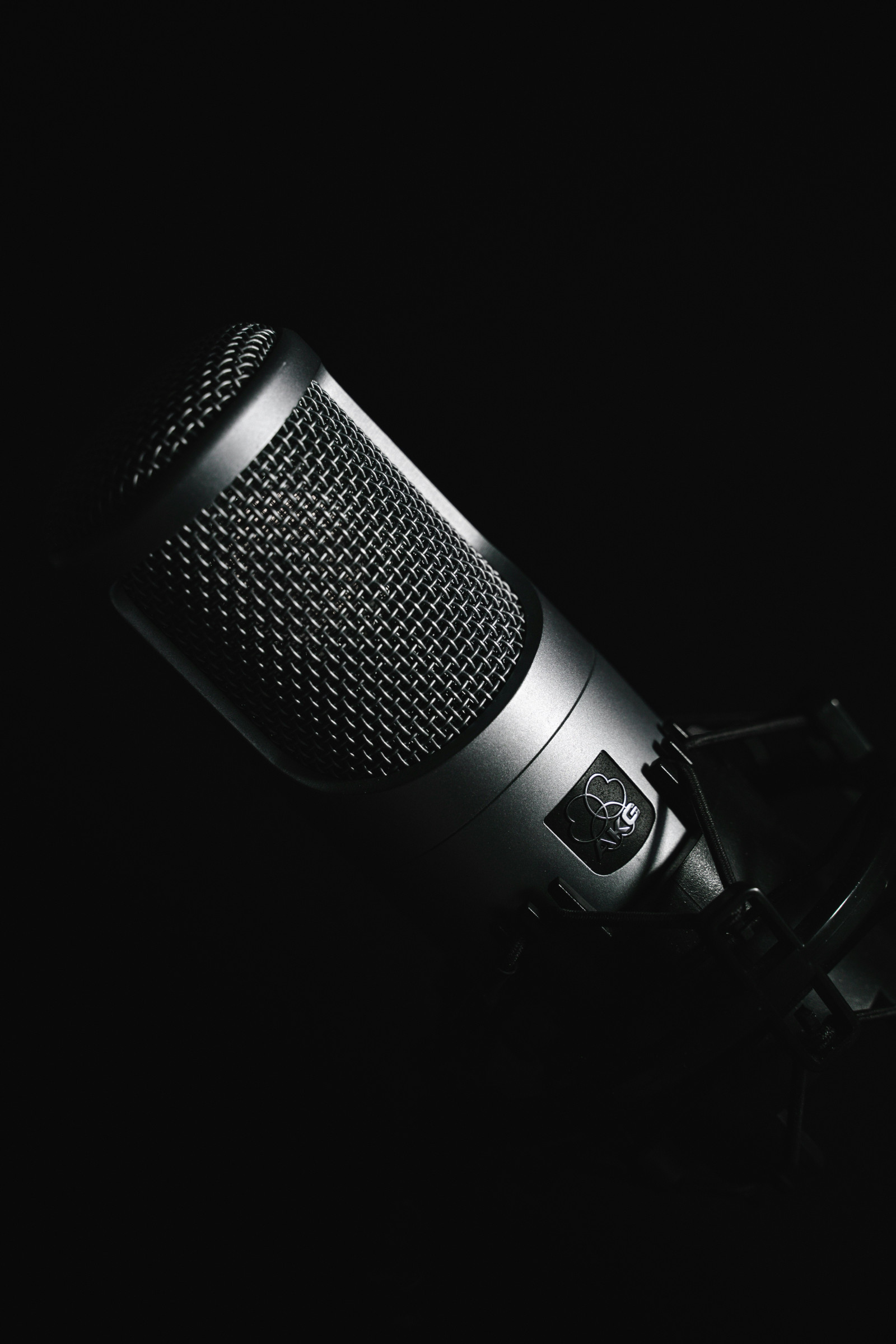Podcasts are following in the footsteps of TV and film…. should they?

Photo: Vadim Artyukhin

Spotify’s 17 percent workforce reduction was one of the biggest headlines in music, audio, and tech last week. Those layoffs coincided with the cancelation of some of the most critically-acclaimed podcasts to come out of Spotify’s acquisition drive: Heavyweight and Stolen. In light of that news, former Spotify podcast executive Lydia Polgreen had some choice words for her former employer, suggesting Spotify is “simply bad at podcasting” and “lit money on fire by handing it to the Sussexes and other celebrities with nothing to say". Ouch.
Polgreen’s take is not exceptional in today’s podcast market. According to Vulture’s Nicholas Quah, podcast insiders, creators, and executives are questioning why TV and film executives are being hired to run podcast shops, indicating that it represents a lack of vision. Yet, podcast companies continue to look toward TV and film for content, marketing, and monetisation inspiration.
Hollywood celebrity is more about marketing than talent
When Hollywood studios flood their slate of movie releases with A-list names, their calculations have much to do with which actors and actresses will garner the most attention. When Netflix was trying to gain legitimacy, it had to play the same game. Enter Kevin Spacey in House of Cards. Suddenly, Netflix was not just a platform; it was a full-fledged Hollywood studio competitor. Spacey was a statement of intent, putting the world on notice that Netflix was a serious player with big ambitions.
Spotify went after something similar. In 2020, the company paid Joe Rogan, Meghan Markle and Prince Harry, and the Obamas millions of dollars to exclusively host their podcasts. The play was to use these A-list names as legitimacy markers that would simultaneously help Spotify establish a foothold in the podcasting market and put the competition on notice. The strategy bore fruit: Spotify reported its first profits in the years following their foray into podcasts, and it is now the second most-widely-used platform for accessing podcasts, according to MIDiA’s Q2 2023 consumer survey. (Spotify was top but has recently been overtaken by YouTube).
Meanwhile, over at Amazon, Wondery is using giant billboards and pop-up experiences to promote their ‘Tis The Holiday Grinch Podcast, thanks in large part to Nicole Blake, who previously led global franchise development for the Harry Potter brand at Warner Bros. At the Economist, Executive Vice President of Marketing Nada Arnot says that they are “taking a page out of the Hollywood book” to promote their podcasts, using similar strategies to how she promoted video subscription platform BritBox. Netflix’s former Global Marketing Director, Crystal Ponzio-Busto, now heads up marketing and communications at Crooked Media, home of chart-topping podcast Pod Save America. It does not matter whether podcasts operate in tech, journalism, or politics — the turn toward Hollywood is clear. What is less clear is whether this strategic pivot will help the podcasting industry in the long run.
Featured Report
MIDiA Research 2026 predictions Change is the constant
Welcome to the 11th edition of MIDiA’s annual predictions report. The world has changed a lot since our inaugural 2016 edition. The core predictions in that report (video will eat the world, messaging apps will accelerate) are now foundational layers of today’s digital economy.
Find out more…Are blockbusters going the way of, well, Blockbuster?
If one trend defines the last few years of media consumption, it is fragmentation. This is not to say a mainstream does not exist, but across entertainment, niches continue to increase their influence. Some of Hollywood has not gotten the memo.
According to Bloomberg, most of Disney’s flagship movie titles struggled at the box office in the last two years. And it was not just Disney — Sony Pictures’ profit decreased some 45 percent from 2021 to 2022 and that is after the dip that all studios saw coming out of the pandemic. Meanwhile, against this bleak environment for aspirational blockbusters, independent film distributor A24’s gross box office revenue increased 4x during the same time period, in part by focusing on titles that are decidedly non-mainstream. The two major Hollywood studios that did see significant revenue growth during this period released Barbie (Warner Bros.) and Oppenheimer (Universal) — a meme-driven double unicorn that these two studios rode into the sunset.
Mainstream blockbusters are not smashing records like they used to, no matter how many billboards, activations, or celebrities the major studios invest in. These strategic combinations might have been foolproof in yesterday’s mainstream media landscape, but unless Hollywood studios are activating niche segments of the internet, they will continue to struggle in the face of fragmentation. Just as in music, we are in the era of fragmented fandom where niche is the new mainstream.
Podcasts should develop their own identity
There are big lessons for podcasting here. For one, podcasts are scaling in tandem with a fragmenting media landscape, which creates a lot of unknowns. It is certainly possible that a mainstream will re-form, but it is much more likely that fragmentation will become the norm, making traditional film and TV marketing less effective over time. If everyone consumes content within their own media niches, it is difficult to reach across populations, and much more effective to focus on hyper-targeted audience development.
Second, the pressure is on for podcast monetisation, and spinning out IP into film and TV is an enticing option for substantial revenue generation. However, not one of the most popular TV shows on IMDb was adapted from a podcast. So, even if the financial return is significant for the handful of podcasts that have made the crossover, that is not the case for the four million-plus other podcasts that comprise the lion’s share of the podcast industry. And of course, the more podcast titles that are released, the greater the fragmentation. It is, depending on where you stand, either a vicious or virtuous circle.
However, podcasts do not have to emulate film and TV to learn from it — or any other industry, for that matter. Podcasting is a unique medium with a short but rich history of audio storytelling, journalism, comedy, and conversation, and perhaps not enough experimentation yet. It is worth leaning into what has made podcasts one of the fastest-growing media segments of the last decade — original storytelling, consumer autonomy, and portability — instead of looking prematurely to other industries’ strategies that may already be showing signs of diminishing returns. While layoffs are never good news, Spotify’s say more about their strategic decisions and priorities rather than the podcast industry itself.

The discussion around this post has not yet got started, be the first to add an opinion.